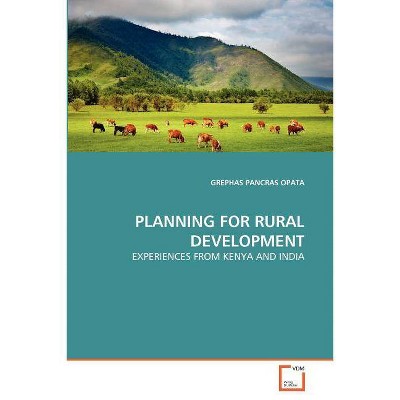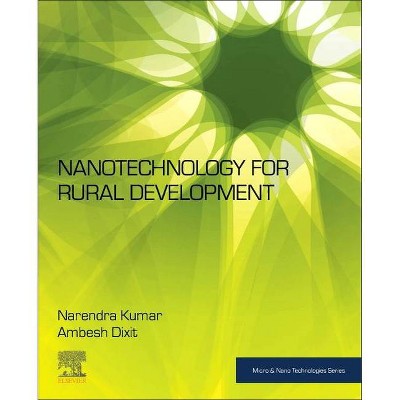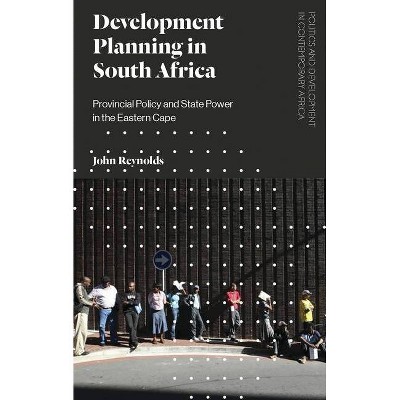Planning for Rural Development - by Grephas Pancras Opata (Paperback)

Similar Products
Products of same category from the store
AllProduct info
<p/><br></br><p><b> Book Synopsis </b></p></br></br>Rural areas in most of the developing world have for a long time not benefited from the development programmes initiated by their governments. Using field data, the author comparatively analyses the prospects of decentralised development initiatives through local institutions in Kakamega District, Kenya, and West Bengal, India. Dr. Opata argues that despite efforts by the governments in the two countries to promote development, the quality of life for the majority of people has not changed. In Kenya and India, a highly uneven pattern of development is apparent. It is observed that since prescriptions based on modernization and dependence theories have failed to diagnose the root causes of poverty in the south, the current focus is towards country-specific approaches. The author notes that those countries that have empowered local communities in the development process have made significant progress in poverty reduction. He observes that a well designed strategy for rural development must have specific objectives for rural agriculture, land reforms and food security. This book is a must-read for development practitioners, and graduate students in Development Studies.
Price History
Price Archive shows prices from various stores, lets you see history and find the cheapest. There is no actual sale on the website. For all support, inquiry and suggestion messagescommunication@pricearchive.us




















